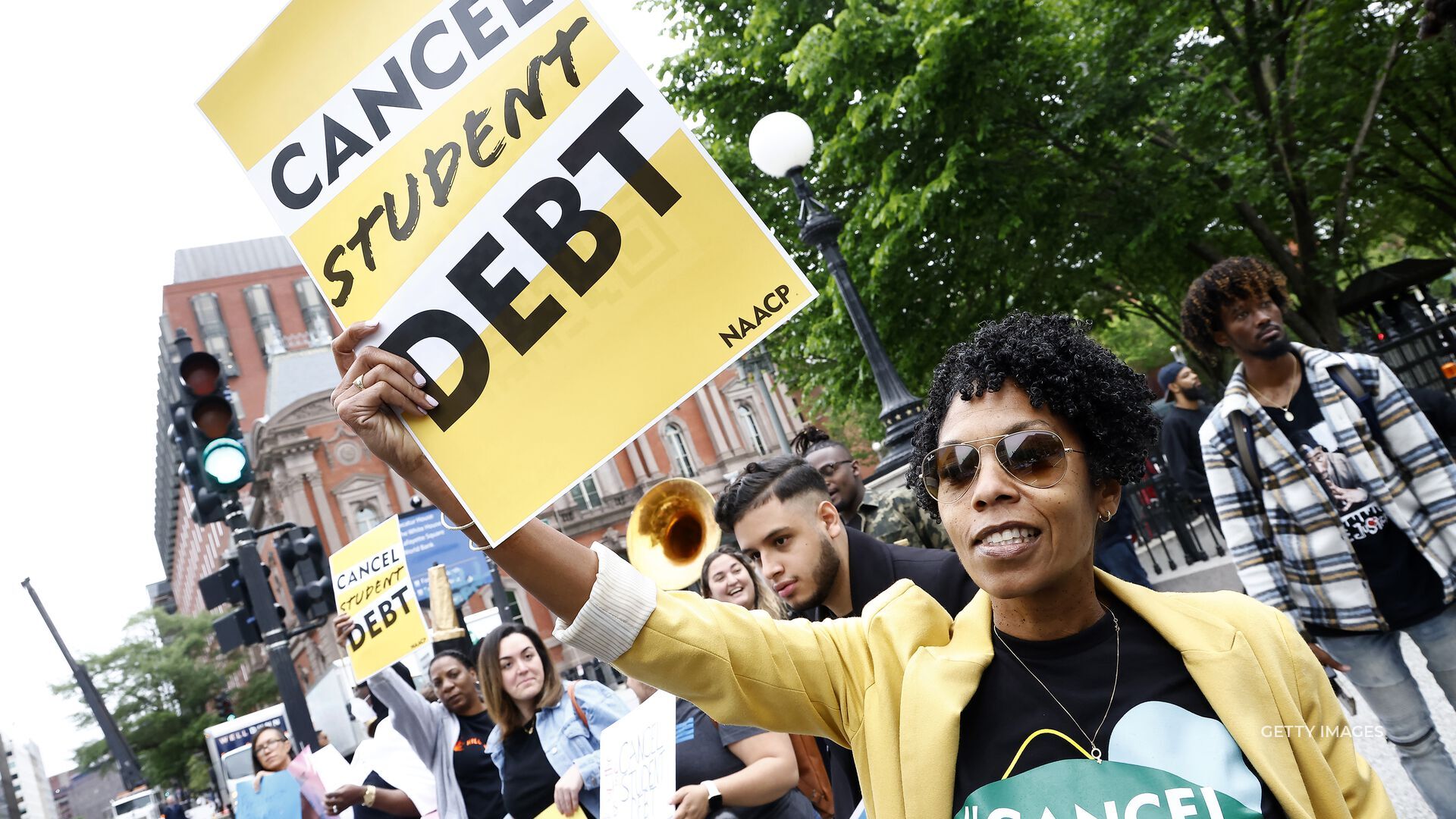
President Joe Biden announced a plan to forgive $10,000 in student loans and $20,000 for Pell Grant recipients. This applies to individuals making less than $125,000 a year and married couples making $250 thousand.
The president is also extending the freeze on payments and interest until Dec. 31, but said this is the final time he’ll do that. So payments will begin again in January.
Biden says: “All this means people can start finally crawling out from that mountain of debt, to get on top of their rent and their utilities, to finally think about buying a home, or starting a family or starting a business. By the way when this happens the whole economy is better off.”
There will also be significant changes to the repayment system.
Borrowers with undergraduate loans will be able to cap their repayment amount at 5% of their monthly income. Income driven repayments will have the unpaid interest covered so the balance can’t go up as long as payments are made. And borrowers who make under 225% of the federal poverty level, or about $15 an hour, will not have to make repayments.
According to the University of Pennsylvania Wharton School Budget Model, The forgiveness will cost $300 billion. President Biden says it will be paid for through deficit reduction from last year, and the coming years under the Inflation Reduction Act.










